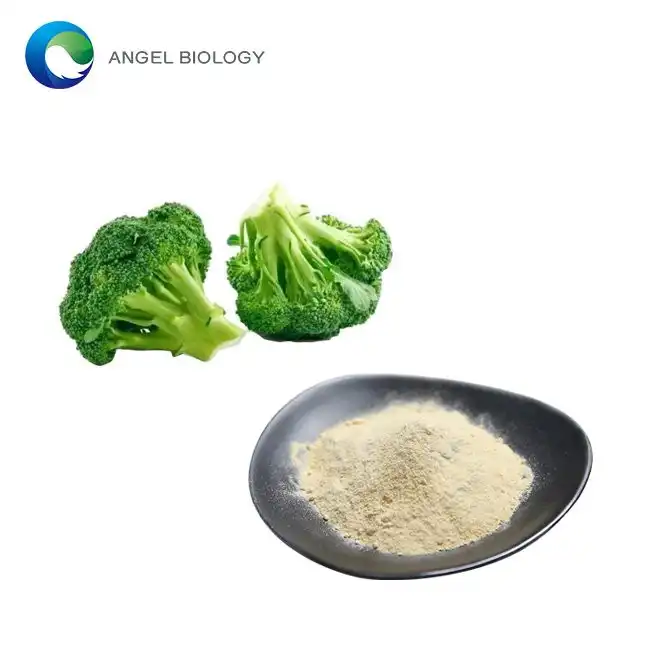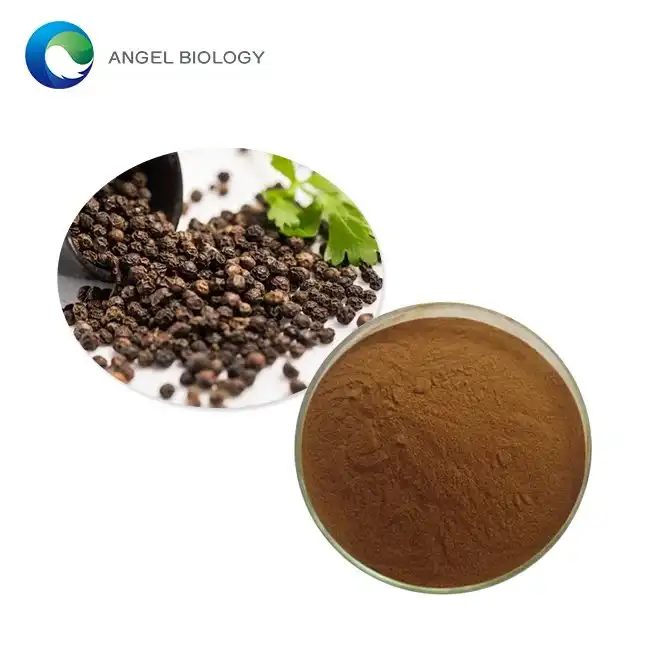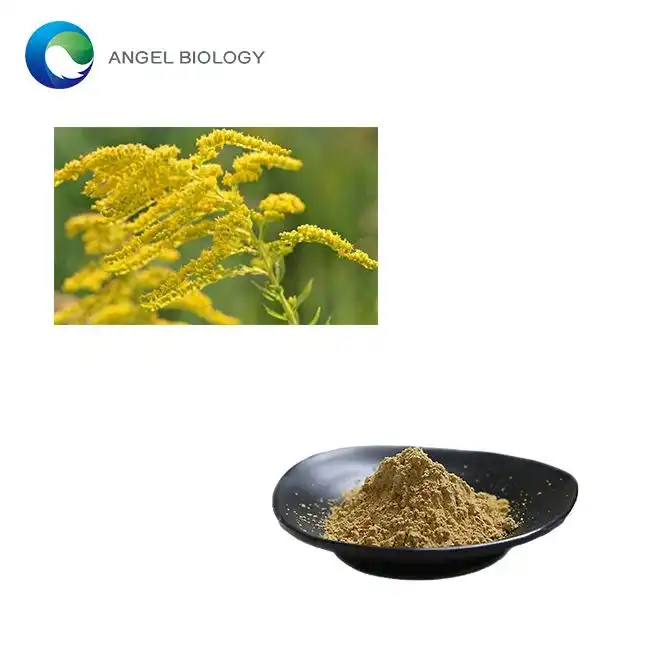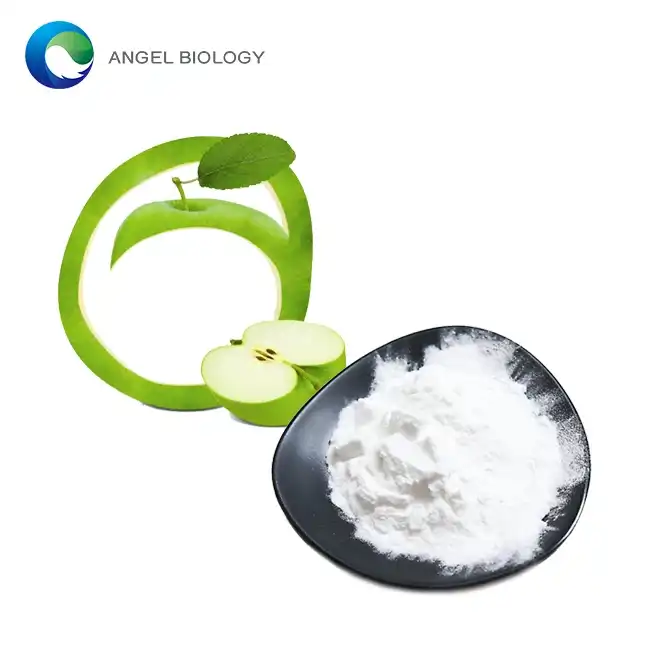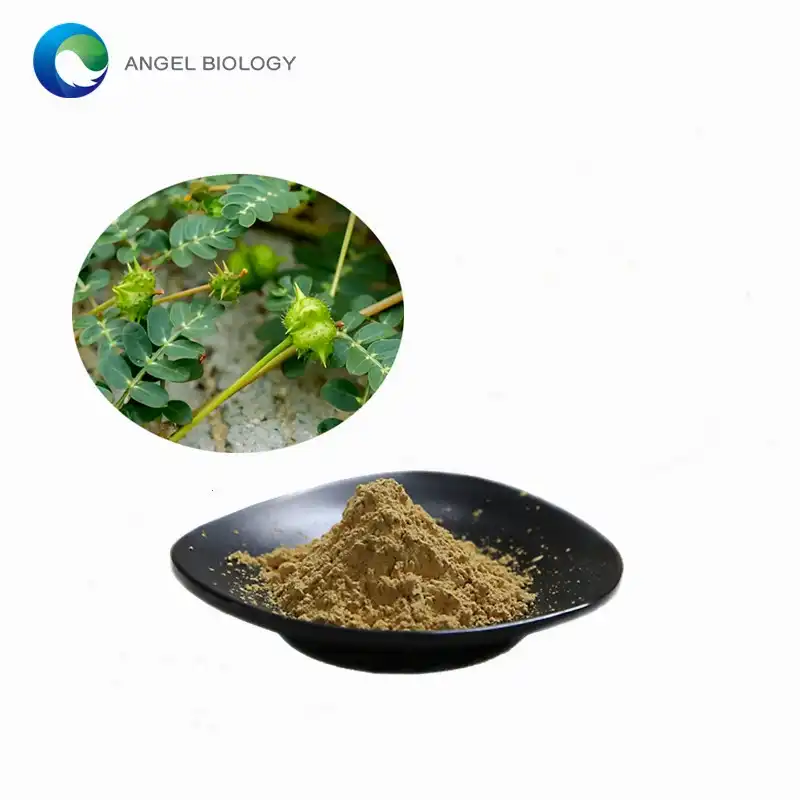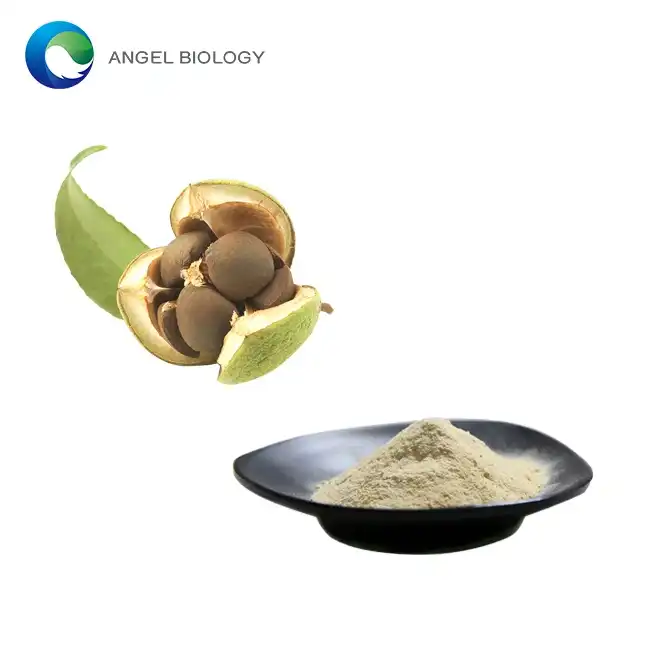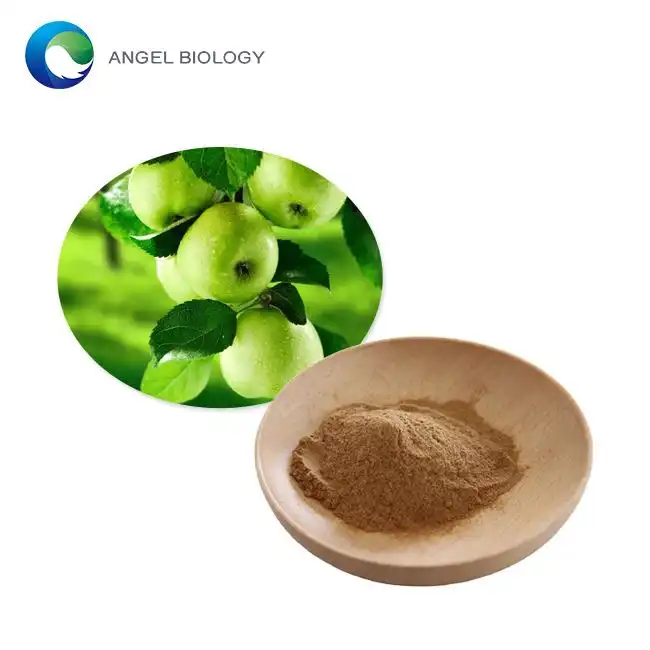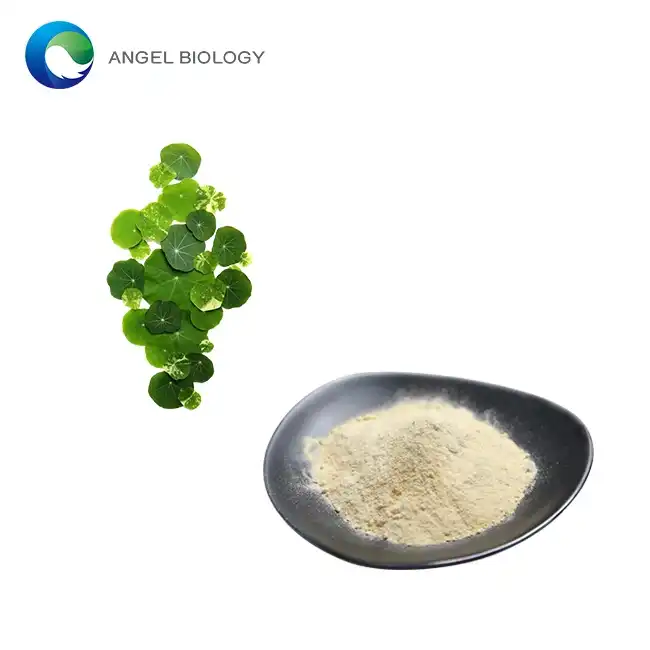Maitake Extract in Traditional & Modern Medicine
The fascinating world of medicinal mushrooms has captivated healers and researchers alike for centuries. Among these fungi, the Maitake mushroom extract stands out as a powerhouse of potential health benefits. This article delves into the rich history and modern applications of Maitake, exploring its journey from traditional remedies to contemporary scientific scrutiny.
Historical Medicinal Uses of Maitake in Healthcare
Maitake mushroom extract, scientifically known as Grifola frondosa, has been revered in Eastern medicine for generations. Its name, which translates to "dancing mushroom" in Japanese, alludes to the joy people felt upon discovering this prized fungus in the wild. Traditional healers in Japan and China have long recognized the potential of Maitake in supporting overall health and vitality.
In ancient practices, Maitake was often used to: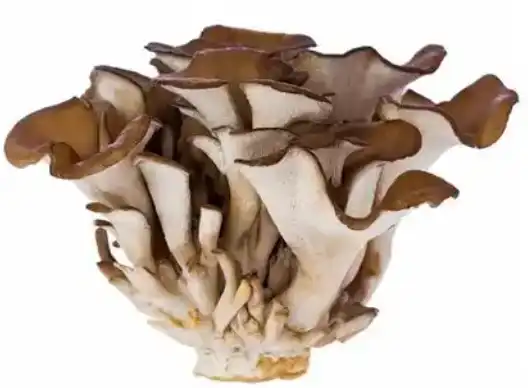
- Boost immune function
- Enhance vitality and stamina
- Support healthy blood sugar levels
- Promote cardiovascular health
The mushroom's adaptogenic properties made it a versatile remedy in traditional healthcare systems. Practitioners would often prescribe Maitake to help the body resist various stressors and maintain balance. This holistic approach to wellness aligned perfectly with the principles of Eastern medicine, which emphasizes harmony between body, mind, and environment.
Bridging Traditional Wisdom with Contemporary Research
As modern science began to explore the potential of natural remedies, Maitake caught the attention of researchers worldwide. The transition from folklore to laboratory has been nothing short of remarkable. Scientists have identified several bioactive compounds in Maitake, including beta-glucans, polysaccharides, and various minerals, which may contribute to its health-promoting effects.
Contemporary studies have focused on several key areas:
- Immune system modulation
- Potential anti-cancer properties
- Blood glucose regulation
- Antioxidant capabilities
- Cardiovascular health support
The Maitake mushroom extract has become a subject of intense scientific scrutiny. Researchers are working to understand the mechanisms behind its traditional uses and uncover new potential applications. This fusion of ancient wisdom and modern scientific methods has opened up exciting possibilities in the field of natural medicine.
How Do Modern Studies Validate Traditional Maitake Applications?
The convergence of traditional knowledge and contemporary research has led to some intriguing findings. Many of the historical uses of Maitake are now being corroborated by scientific studies, albeit with the need for further research to fully understand its effects.
- Immune System Support: One of the most well-documented benefits of Maitake is its potential to enhance immune function. Studies have shown that beta-glucans found in Maitake can activate various immune cells, including macrophages and natural killer cells. This immunomodulatory effect aligns with traditional uses of Maitake as a tonic for overall health and resistance to illness.
- Blood Sugar Regulation: Traditional use of Maitake for maintaining healthy blood sugar levels has garnered scientific interest. Some studies suggest that compounds in Maitake may help improve insulin sensitivity and glucose metabolism. While more research is needed, these findings support the historical application of Maitake in managing blood sugar-related health concerns.
- Cardiovascular Health: Ancient healers often recommended Maitake for heart health. Modern research has identified potential mechanisms by which Maitake might support cardiovascular function, including its ability to help maintain healthy cholesterol levels and blood pressure. These findings provide a scientific basis for the traditional use of Maitake in promoting heart health.
- Antioxidant Properties: The concept of antioxidants was unknown to ancient practitioners, yet they recognized Maitake's ability to promote overall well-being. Today, we understand that Maitake contains various antioxidant compounds that may help protect cells from oxidative stress, potentially contributing to its traditional reputation as a longevity-promoting mushroom.
- Potential Anti-Cancer Effects: While cancer as we know it today was not a concept in ancient medicine, Maitake was often used to support overall health and vitality. Modern research is exploring the potential anti-cancer properties of Maitake extracts, with some studies showing promising results in laboratory and animal models. However, it's important to note that much more research is needed in this area.
The organic Maitake mushroom extract has become a focal point for researchers looking to harness the full potential of this remarkable fungus. By isolating and concentrating the bioactive compounds, scientists hope to develop more potent and targeted applications for Maitake in modern healthcare.
As research continues, we're uncovering new potential benefits of Maitake that go beyond its traditional uses. For example, some studies are exploring its effects on:
- Bone health and osteoporosis prevention
- Weight management and metabolism
- Liver function and detoxification
- Stress reduction and adaptogenic effects
While these areas of research are still in their early stages, they demonstrate the ongoing relevance of this ancient mushroom in modern medicine. The synergy between traditional wisdom and scientific inquiry continues to unveil new facets of Maitake's potential.
It's worth noting that while Maitake shows promise in many areas, it's not a panacea. The effectiveness of Maitake extracts can vary depending on factors such as the extraction method, dosage, and individual health conditions. As with any supplement, it's crucial to consult with healthcare professionals before incorporating Maitake extracts into your health regimen.
The journey of Maitake from forest floors to laboratory benches exemplifies the value of preserving traditional knowledge and subjecting it to rigorous scientific scrutiny. This approach not only validates ancient practices but also paves the way for new discoveries and applications.
approach not only validates ancient practices but also paves the way for new discoveries and applications.
As we continue to explore the vast potential of Maitake and other medicinal mushrooms, we're reminded of the intricate relationship between humans and nature. The story of Maitake is a testament to the wisdom of our ancestors and the power of modern science to unlock nature's secrets.
The future of Maitake in medicine looks bright, with ongoing research promising to unveil even more about this remarkable mushroom. As we bridge the gap between traditional uses and modern applications, Maitake stands as a shining example of how ancient wisdom and contemporary science can work together to improve human health and well-being.
In conclusion, the Maitake mushroom extract's journey from traditional remedy to modern superfood is a fascinating tale of discovery and validation. As research continues to unveil its potential benefits, Maitake extract is poised to play an increasingly important role in natural health and wellness strategies.
Are you intrigued by the potential of Maitake extract for your health and wellness goals? Angelbio, a leader in natural ingredient research and production, offers high-quality, scientifically-backed Maitake extracts. Our products are the result of cutting-edge technology and rigorous quality control, ensuring you receive the full benefits of this remarkable mushroom. Whether you're a health-conscious individual, a wellness professional, or a manufacturer looking for premium natural ingredients, Angelbio has the expertise and products to meet your needs. Don't miss out on the opportunity to experience the power of Maitake extract. Contact us today at angel@angelbiology.com to learn more about our Maitake products and how they can benefit you or your business.
References
1. Mayell, M. (2001). Maitake extracts and their therapeutic potential - a review. Alternative Medicine Review, 6(1), 48-60.
2. Ulbricht, C., et al. (2009). Maitake mushroom (Grifola frondosa): systematic review by the natural standard research collaboration. Journal of the Society for Integrative Oncology, 7(2), 66-72.
3. Konno, S. (2001). Maitake D-fraction: healing and preventive potential for cancer. Journal of Orthomolecular Medicine, 16(2), 121-130.
4. Wasser, S. P. (2002). Medicinal mushrooms as a source of antitumor and immunomodulating polysaccharides. Applied Microbiology and Biotechnology, 60(3), 258-274.



